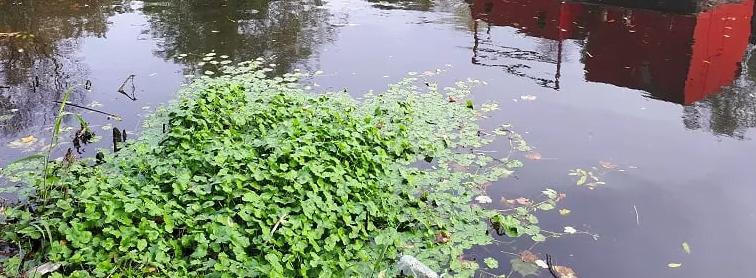INVASIVE SPECIES WEEK 2021: PREVENTING THE SPREAD
You may not be aware of it, but it’s Invasive Species Week, a national opportunity to raise awareness of invasive species brought into the country to its detriment, and to offer guidance on preventing their spread. Our Environment Team, explains why it’s important to recognise them.
There are currently around 200 known invasive non-native plant and animal species in Britain, a number which is increasing. Invasive Non-Native Species (INNS) have been moved from their place of origin and brought into the country by humans, and are determined to be invasive because of the negative impact they have on the environment, the economy and health.
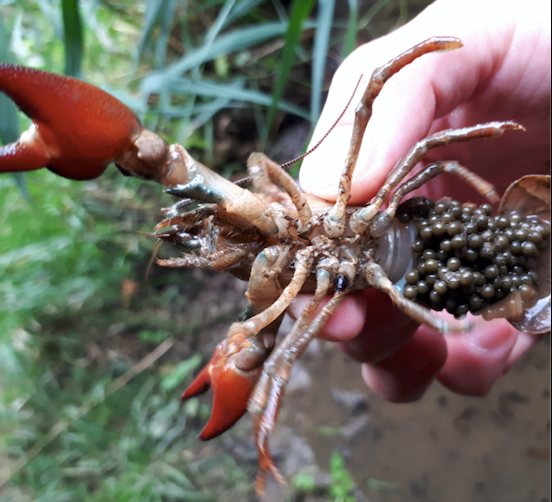
At present, it is believed that around 10 per cent of non-native species are INNS, but this number is increasing every year, and it’s something that the GB Non-Native Species Secretariat published a strategy on in 2008, with the aim of creating a framework within which the actions of government departments, their related bodies and key stakeholders can be better co-ordinated when it comes to preventing their spread.
NNIS include Eastern grey squirrels, American Mink, Asian hornets,Floating Pennywort, Japanese Knotweed, Himalayan Balsam, Giant Hogweed and Signal Crayfish.
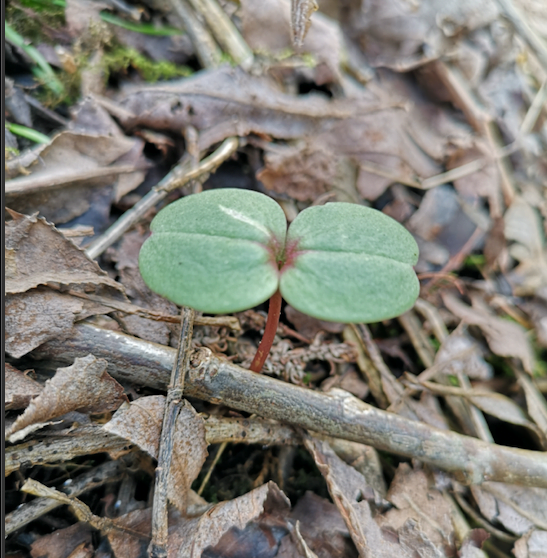
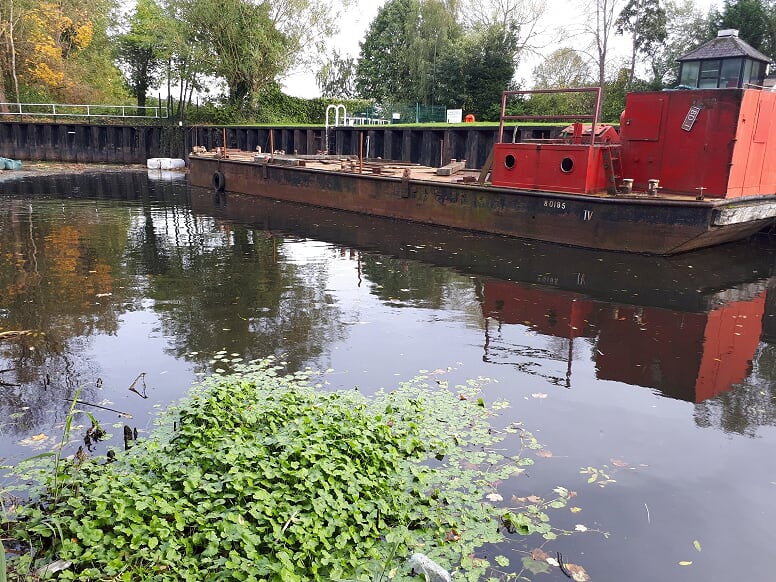
The GB Non-Native Species Secretariat is hosting a series of online events this week, focusing on everything from threats to the aquatic environment, the impact on woodland and the countryside, their effect on the places we live and quality of life, and how they can be prevented. To access the series of daily seminars, visit the site’s Invasive Species Week events page.
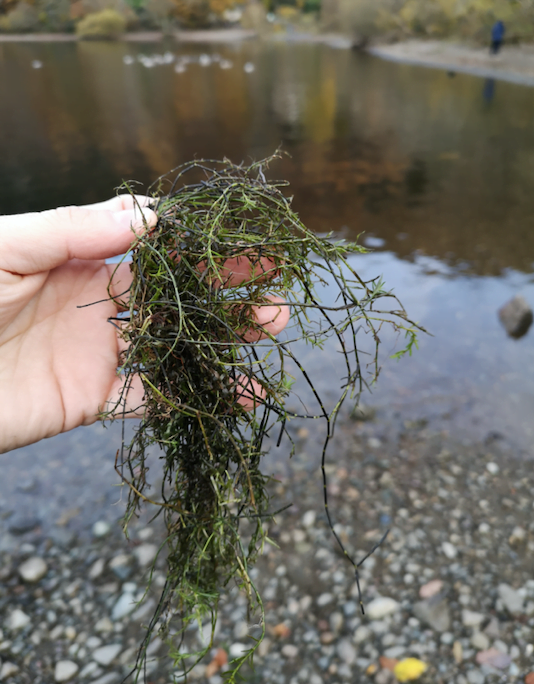
In the meantime, there are a series of simple steps everyone can take to help protect the environment and prevent the spready of INNS:
- Those with aquariums and ponds should ensure that the plants used within them are contained. Many of them are not native to Britain, and while beautiful, can have a detrimental effect if they escape into the wild, particularly if they get into a natural body of water.
- Ensure that clothing, footwear, equipment and boats used in or on Britain’s water bodies are not contaminated. They should be checked, cleaned and dried after every use to keep them free of potential INNS.
- Keep pets under control. Releasing them or allowing them to escape into the wild could lead to damage to other wildlife.
- Nature-lovers can play their part by keeping a keen eye out for invasive species and recording their sightings – free ID sheets for invasive non-native species can be downloaded to help.
